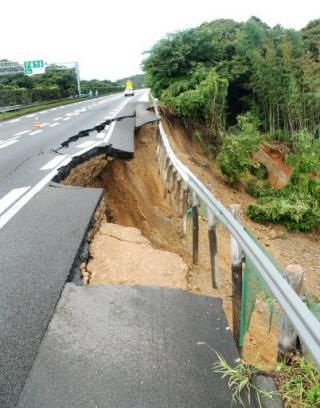-
 Mitochondrial DNA
Mitochondrial DNA
-
 Planck satellite
Planck satellite
-
 Sea ice - Old ice
Sea ice - Old ice
-
 Input
Input
-
 Michael Faraday
Michael Faraday
-
 Laryngectomy
Laryngectomy
-
 HSR
HSR
-
 Terra
Terra
-
 Isomerism
Isomerism
-
 Micturition
Micturition
-
 Deficiency
Deficiency
-
 Isomer specificity
Isomer specificity
-
 Iridescence
Iridescence
-
 Fluid inclusion
Fluid inclusion
-
 Gynaecomastia
Gynaecomastia
-
 Steppe
Steppe
-
 Irreversible reaction
Irreversible reaction
-
 Scar
Scar
-
 USB
USB
-
 SHON
SHON
-
 Root tube
Root tube
-
 New Worlds Observer
New Worlds Observer
-
 Pit
Pit
-
 Miller indices
Miller indices
-
 Ice-shelf
Ice-shelf
-
 MPEG-2
MPEG-2
-
 Lignin
Lignin
-
 Markings
Markings
-
 Asian black bear
Asian black bear
-
 Enteric
Enteric
Active fault
An active fault is defined as a plane or slightly oblique fracture of the earth's crust along which tectonic displacements can occur.
A fault can be considered as active if it has been seismically active at least once during the Quaternary period, or if it shows evidence of current displacement.
The consequences of an active fault
When an active fault at the origin of an earthquake opens at the surface:
 An active fault can generate a rupture in the terrain at the ground surface. © DR
An active fault can generate a rupture in the terrain at the ground surface. © DR
Latest
Fill out my online form.



